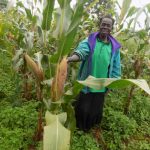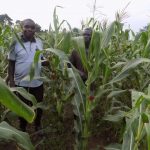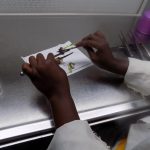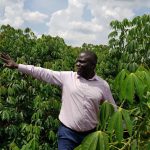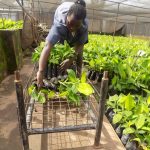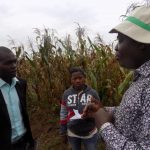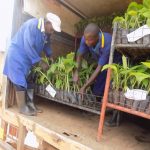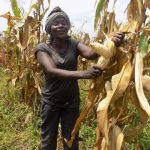COVID-19: Early public warning critical to manage epidemics, says the expert.
2 min readBy Christopher Bendana.
Kampala.
A leading health expert says an alarm bell must be raised at the earliest news of infection of diseases like COVID-19.
In a webinar, ‘Webinar – Lessons Learned from the Ebola Epidemic: What We Can Do Now in Response to COVID-19’ Dr. Samba Sow, the director-general of the Centre for Vaccine Development in Mali explained that raising the alarm earlier compels the population to take the infection seriously.
And answering the moderator’s question on what might have gone wrong in Italy Samba argued complacency.
“There were weaknesses. People were not taking it seriously,” he argued. “There was no case management, no sensitization.”
The webinar was organized by the International Center Federation of Journalists for its new forum for health reporters.
The forum, Global Health Crisis reporting Forum created last week has over 1000 journalists as members from across the globe.
The journalists give updates on COVID-19 in their countries. The forum also brings on health experts to educate journalists about health issues.
Samba said the first thing to do in the emergence of such a pandemic is to break the chain. He said this can be achieved through effective sensitization taking into account the communities’ social and economic background
“Stop the transmission,” he said. “Engage the community.”
On some African countries closing their borders, Samba said it was a joke as there are many informal border crossing.
“There are no borders in Africa,” he said.
Several countries including Uganda have closed their borders on the assumption that limited external contact will limit spread of the virus.
Uganda reported its first COVID-19 case on March 21 of a Ugandan male who traveled to and from the United Arab Emirates (UAE) last week.
Eight other cases were reported two days later, six of whom had just returned from the UAE using one flight.
Ugandan President Museveni last week issued guidelines that would help to mitigate the spread of COVID-19. They included limiting people getting in close contact but people in Kampala, a city of 3 million people are yet to fully observe the guidance.
Dr. Samba said news of few infection rates in many Africa countries were worrying taking into account the weak health surveillance system on the continent that may not capture all infections.
“We should be happy but not total(ly) happy, we also need to worry,” he said. “Investigate and see things are going the right way.”
According to the WHO situation report, issued on the 24 March, global confirmed cases of COVID-19 were 372757 with 16,231 deaths. Of these Africa had 1305 confirmed cases with 26 deaths.
